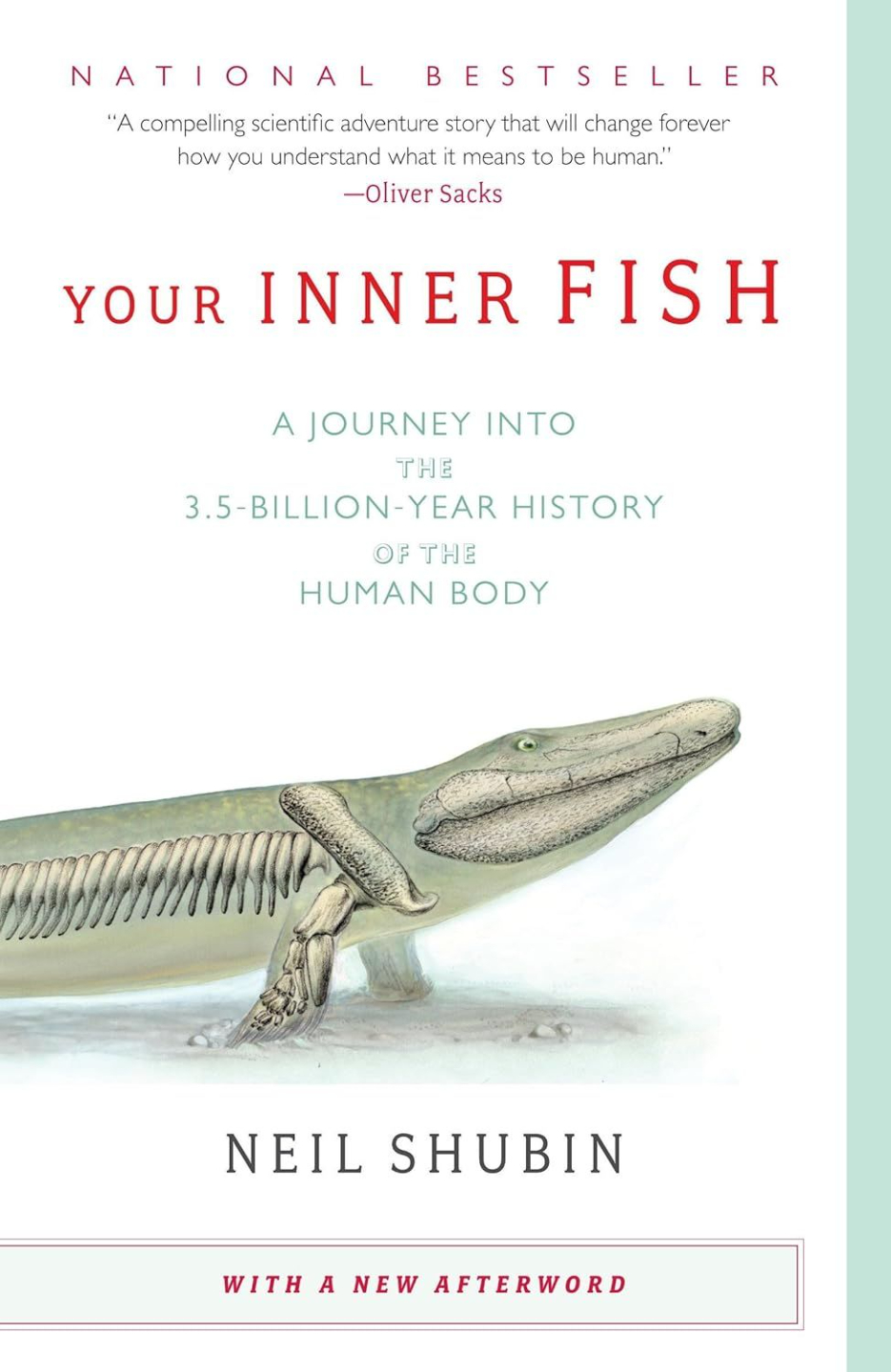Reading List
This is a curated collection of my favorite reads on all the topics we love here at Evolve.2. These books have shaped my understanding and sparked countless ideas, so I’m excited to share them with you. It's a living document, so expect more to be added in the future!
1.) In Small Things Forgotten
By: James Deetz
In this truly romantic account of historic archaeology, James Deetz explores how everyday objects, from pottery to gravestones, reveal the intricacies of early American life. Through detailed analysis of material culture, Deetz uncovers the social and cultural shifts that shaped colonial and early post-colonial societies. This accessible book emphasizes how small, often overlooked artifacts can provide profound insights into the lives of ordinary people, bridging the gap between historical archaeology and the broader understanding of history. It's an essential read for anyone interested in the subtle ways material culture reflects human behavior and societal change.
2.) Digging New Jersey's Past: Historical Archaeology in the Garden State
By: Richard F. Veit
Written by a graduate professor of mine, this is an engaging exploration of New Jersey’s rich archaeological heritage, spanning colonial settlements, industrial sites, and military encampments. Veit examines how archaeology reveals the lives of the state’s early inhabitants, from Indigenous peoples to European settlers, and how these discoveries provide unique insights into New Jersey's cultural and historical development. Filled with case studies, site descriptions, and historical context, this book brings to life the Garden State’s layered past. It's an essential resource for anyone interested in regional archaeology and the role of material culture in understanding local history.
3.) The Story of the Human Body: Evolution, Health, and Disease
By: Daniel Leiberman
This book offers a compelling examination of human evolution and its impact on health and disease in modern society. Lieberman traces the evolutionary journey of our species, exploring how our bodies have adapted to changing environments and lifestyles. He delves into the consequences of these adaptations, highlighting how our ancient biological heritage shapes contemporary health challenges, such as obesity and chronic diseases. Through a blend of evolutionary biology, anthropology, and medicine, this book provides insightful connections between our past and present, making it a crucial read for anyone interested in understanding the complexities of human health through an evolutionary lens.
4.) Catching Fire: How Cooking Made Us Human
By: Richard Wrangham
Here, Wrangham presents a fascinating argument that the advent of cooking played a pivotal role in the evolution of Homo sapiens. He explores how cooking not only made food more digestible and nutritious but also contributed to significant physiological changes, such as the reduction of tooth and jaw size and the expansion of the brain. He draws on evidence from anthropology, archaeology, and primatology to illustrate the transformative effects of cooking on social structures, reproductive strategies, and overall human development. This thought-provoking book offers a unique perspective on the intersection of culture, biology, and evolution, making it essential reading for anyone interested in the evolutionary history of our species.
5.) A Hunter-Gatherer's Guide to the 21st Century: Evolution and the Challenges of Modern Life
By: Heather Heying and Bret Weinstein
These coauthors provide a compelling examination of how human evolutionary history can inform our understanding of contemporary challenges. Drawing on insights from anthropology, biology, and psychology, the authors argue that many of the problems faced in modern society—such as mental health issues, chronic disease, and social disconnection—stem from a mismatch between our ancestral traits and modern environments. They advocate for a return to principles that align more closely with our hunter-gatherer past, emphasizing the importance of community, physical activity, and a diverse diet. This thought-provoking book blends evolutionary theory with practical advice, making it a crucial read for anyone seeking to navigate the complexities of life in the 21st century while honoring our evolutionary heritage.
6.) The Case Against Reality: How Evolution Hid the Truth from Our Eyes
By: Donald Hoffman
In this book, Hoffman challenges traditional perceptions of reality by arguing that our experiences and perceptions are not a direct reflection of the world around us. Drawing on insights from cognitive science, evolutionary biology, and philosophy, Hoffman posits that our senses have evolved not to reveal an objective truth but to enhance our survival and reproductive success. He introduces the idea of an "interface" through which we interact with the world, akin to a computer desktop, which simplifies complex information rather than conveying its true nature. This provocative book invites readers to reconsider the relationship between perception and reality, encouraging a deeper exploration of consciousness and the limitations of human understanding. It's an essential read for anyone interested in the intersections of evolution, psychology, and the philosophy of mind.
7.) Ancient North America
By: Brian Fagan
Ancient North America is a sweeping, continent-spanning synthesis of North America’s ancient past, stretching from the very first human settlers up to the impact of European colonization. It aims to tell the full story of how humans spread across, adapted to, and transformed the vast landscapes of what is now Canada, the United States, Mexico (and parts of the far north). Breaking the book region by region makes it a digestible read that you can pick up at any point. If you want to learn how diverse indigenous societies rose, flourished, and eventually confronted the arrival of Europeans, this is your most comprehensive guide.
8.) Guns, Germs and Steel: The Fate of Human Societies
By: Jared Diamond
The core question of the book originates in a conversation between Diamond and a politician from New Guinea: why did “you white people” (i.e. Eurasians) end up with so much “cargo” (goods, technology, wealth), while societies elsewhere (New Guinea, Americas, Africa, etc.), though equally human, ended up with much less? Diamond traces ~13,000 years of human history, across continents, to show how environmental and geographic “luck” shaped which societies developed agriculture first. From there, the lucky ones advanced into complex civilizations with writing, technology, political organization, and immunities to diseases. While slightly outdated, the book is a must read for anyone contemplating the evolution of societal differences.
9.) Your Inner Fish: A Journey into the 3.5-Billion-Year History of the Human Body
By: Neil Shubin
Your Inner Fish is a fast, engaging look at how the human body is a layered record of life’s deep past. Shubin, a paleontologist and anatomist, shows that many of our most familiar features originated in ancient fish and even more primitive creatures. The book centers on his discovery of Tiktaalik, a 375-million-year-old “fish with wrists” that beautifully bridges the evolutionary shift from water to land. Shubin then demonstrates how our arms trace back to fins, how parts of our ears evolved from fish gill structures, and how our DNA carries all the instructions. The result is a vivid, detective-style journey revealing that the architecture of our bodies makes sense only when viewed across 3.5 billion years of evolutionary history.
10.) Return of the God Hypothesis
By: Stephen Meyer
As you can probably tell by the title, this book is unlike the rest on this list. It brings evolutionary theory into doubt by raising questions and problems to which we still don't have answers. Meyer examines three “big findings”: that the universe had a beginning, that its physical constants and laws are “fine-tuned” for life, and that life itself exhibits informational complexity that cannot arise from purely undirected processes. Across these fields, he contends theism (with an active, intelligent creator) offers the best explanation for the origin of the cosmos, the conditions for life, and the emergence of biological information (better than materialist or naturalistic accounts).
Disclaimer: Links included in this list are affiliate links.











